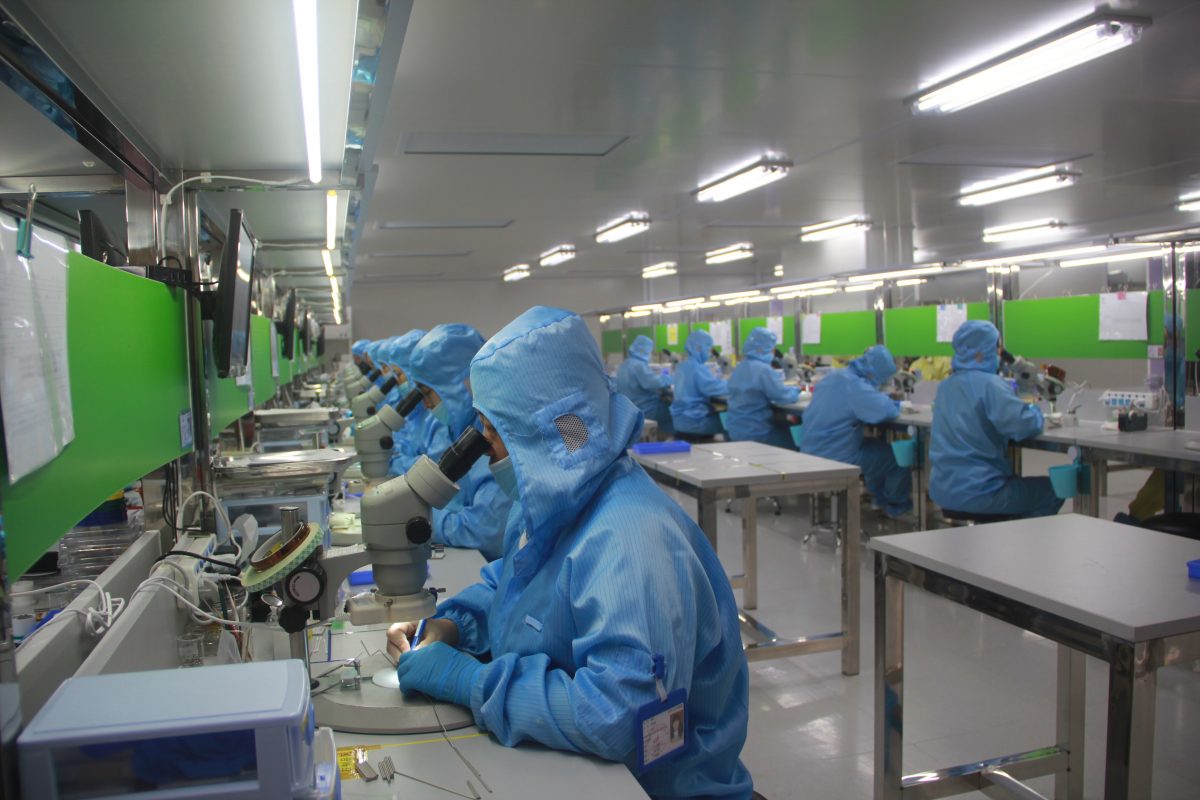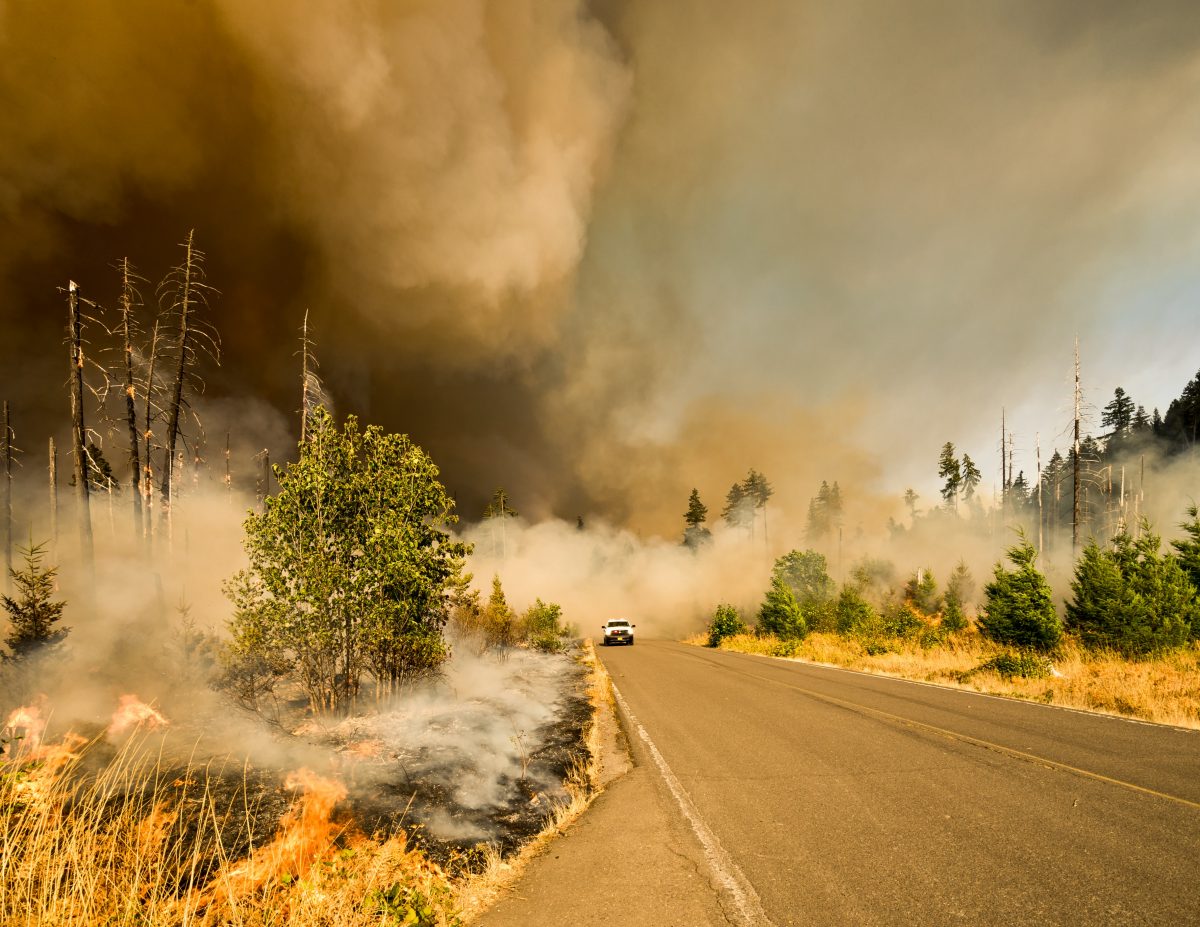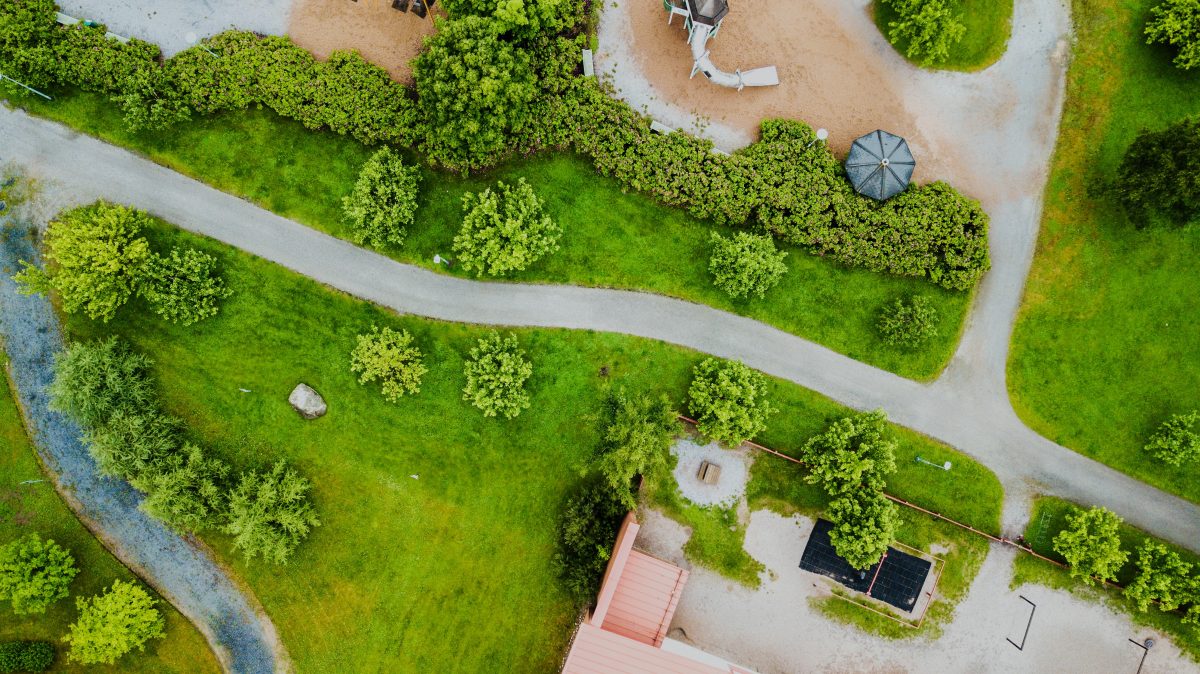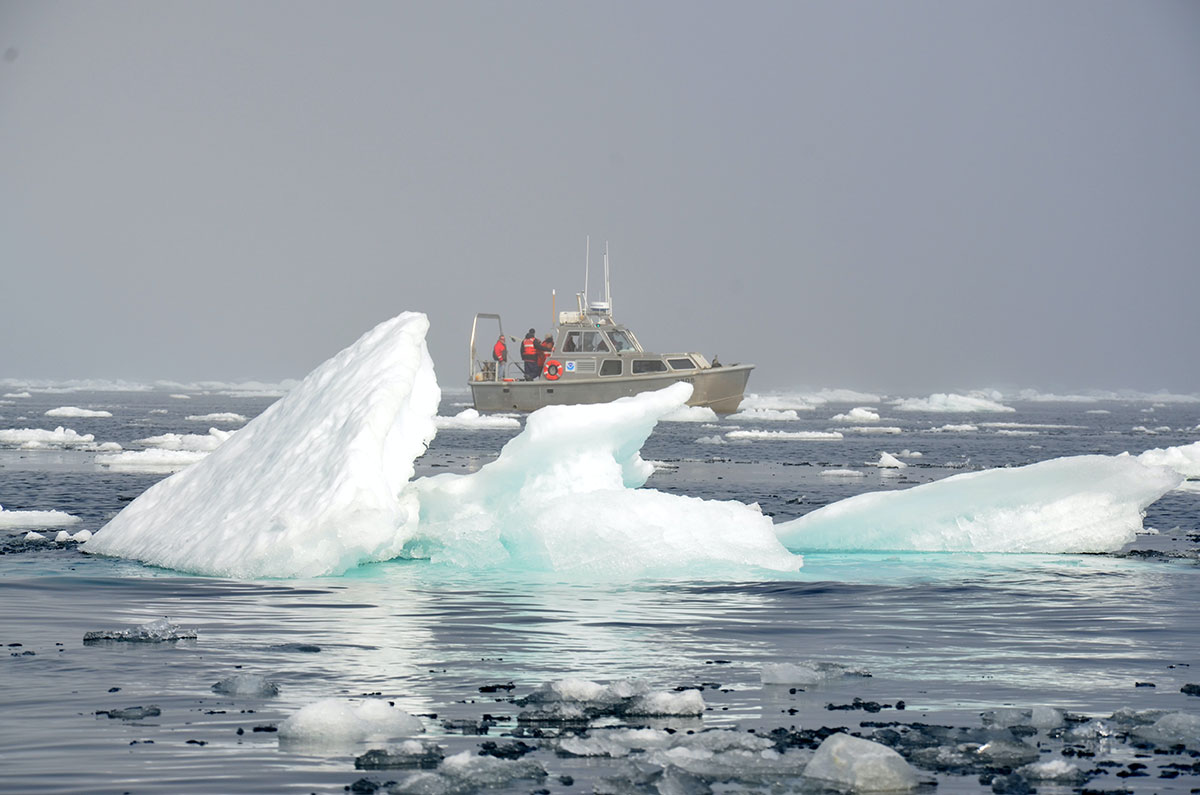Arctic shipping is controversial due to the trade-off between its positive economic impact and its negative environmental effects. As both effects are affected by the uncertainty related to sailing conditions encountered along the route, we develop a model that estimates how ice conditions change the probability of blockage along the route and play on the economic and environmental attractiveness of the Northern Sea Route. The model is applied to a business case that compares the performance of two ice-class oil tankers (1A and 1AS) that use Marine Gas or Low Sulfur Fuel, and considers historical data on daily ice thickness records (2006–2016) for the probability of blockage. Our main finding is that the probability of blockage affects the choice of the optimal vessel to deploy along the Arctic Route as well as the effectiveness of various environmental policy options.

A Tale of Two Pharmaceutical Clusters
– Comparison of Polepharma (France) and Cité Biotech (Canada) In the innovation-oriented economy, the knowledge-intensive industries drive region economic growth by leveraging local innovation ecosystem configurations and global innovation network connectivity. In this progress, the clusters, namely, “the geographic concentrations of interconnected companies and institutions in a particular field” (Porter, 1998), act as the basic […]

There are no jobs on a dead planet
This quote highlights the opening keynote on Sustainable Hyper-Performance with Human Artificial Intelligence by EM Normandie professor Agnis Stibe at the Technology for Sustainable Future event in Madrid, Spain. The event was aimed at bringing clarity to how essential it is for people and organizations to realize the importance of sustainable thinking for our future […]

Circular economy and business opportunities in the global value chains
The ongoing ecological challenges of climate change, resource scarcity, biological diversity, and environmental pollution urge the global business to fulfil their commitment to the triple bottom line of sustainable development, namely, economic prosperity, environmental integrity, and social equity for the benefit of current and future generations. In practice, the paradigm of circular economy, that is, […]


